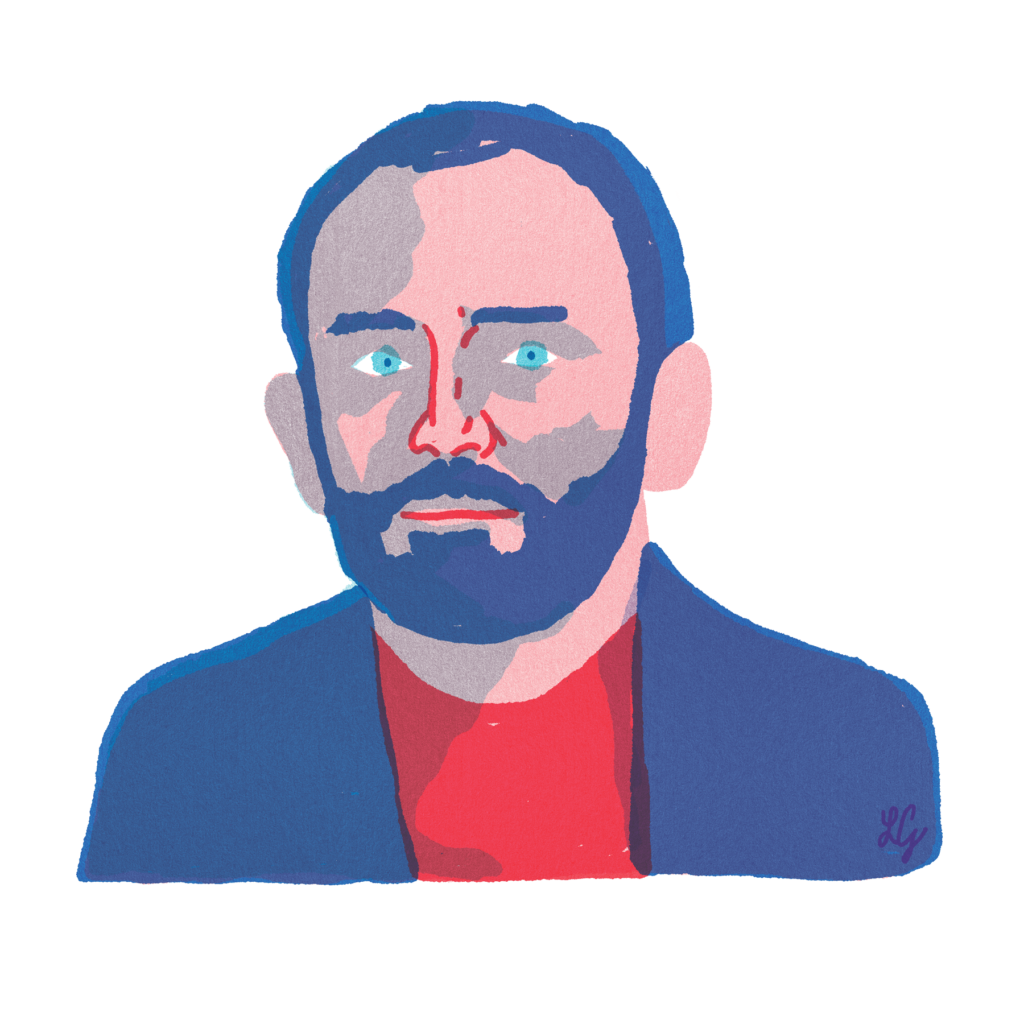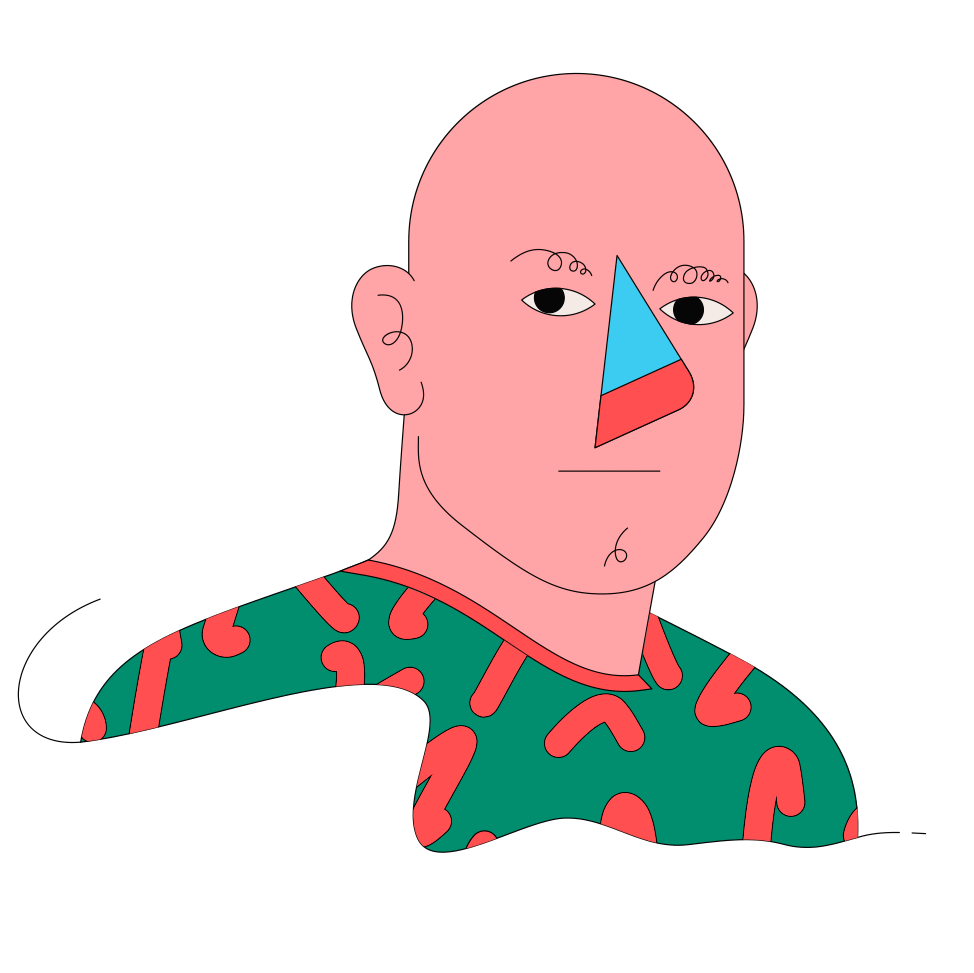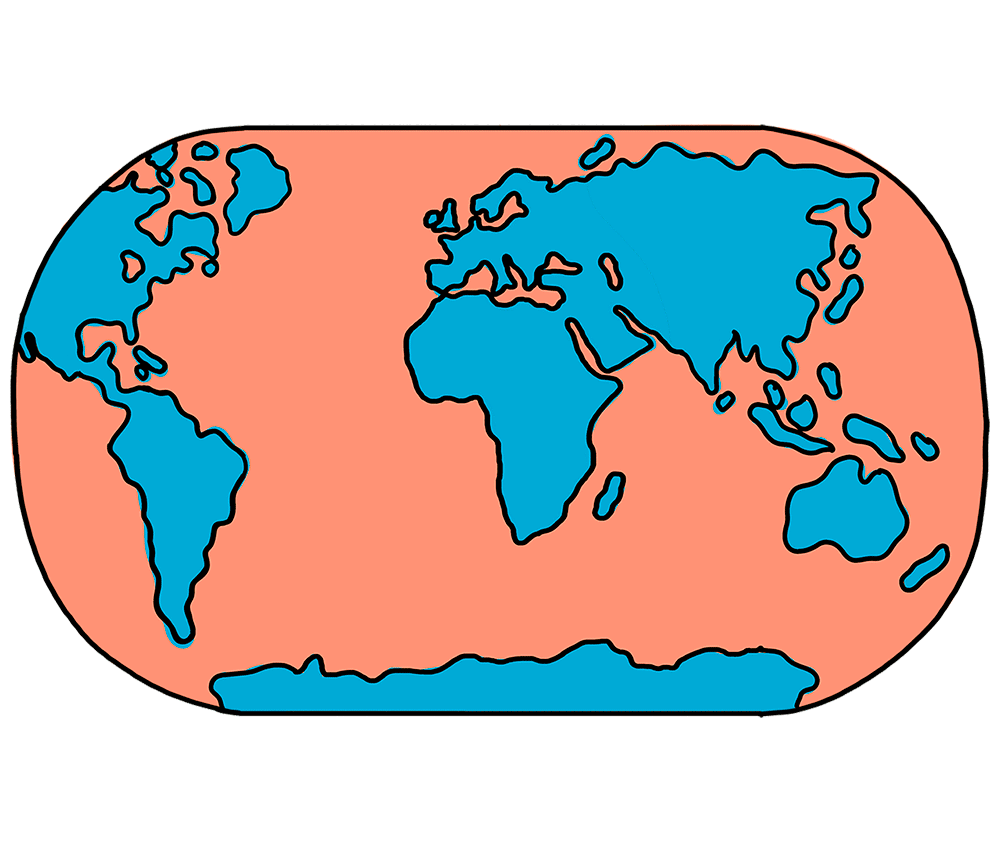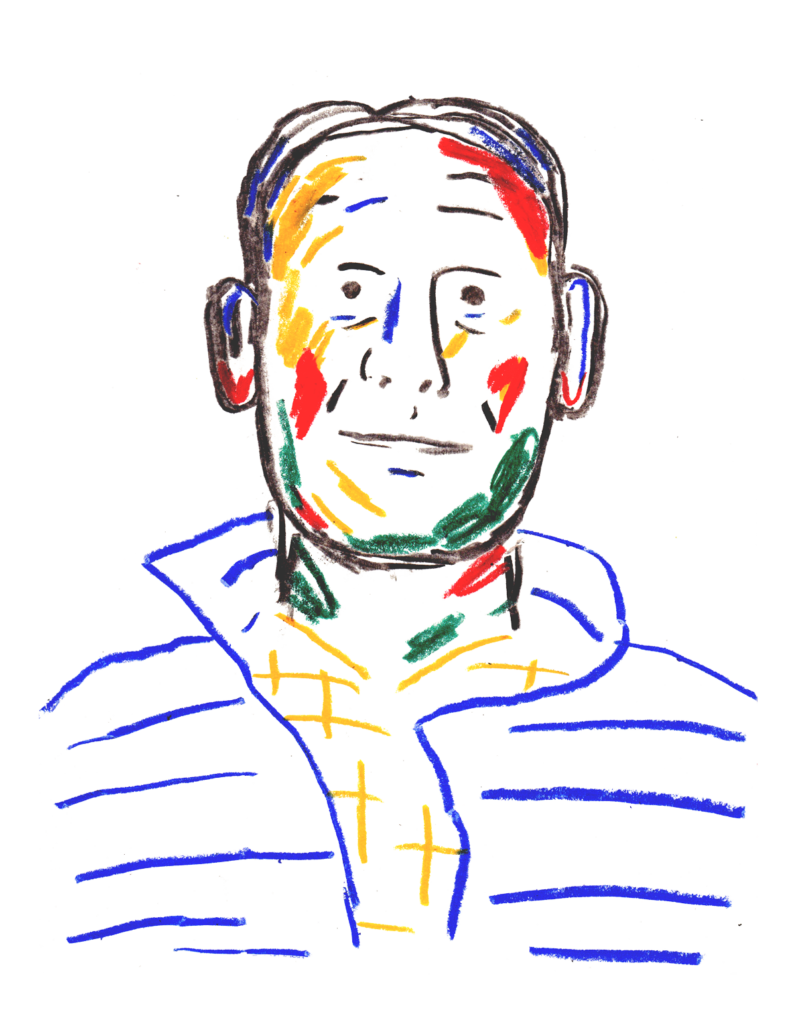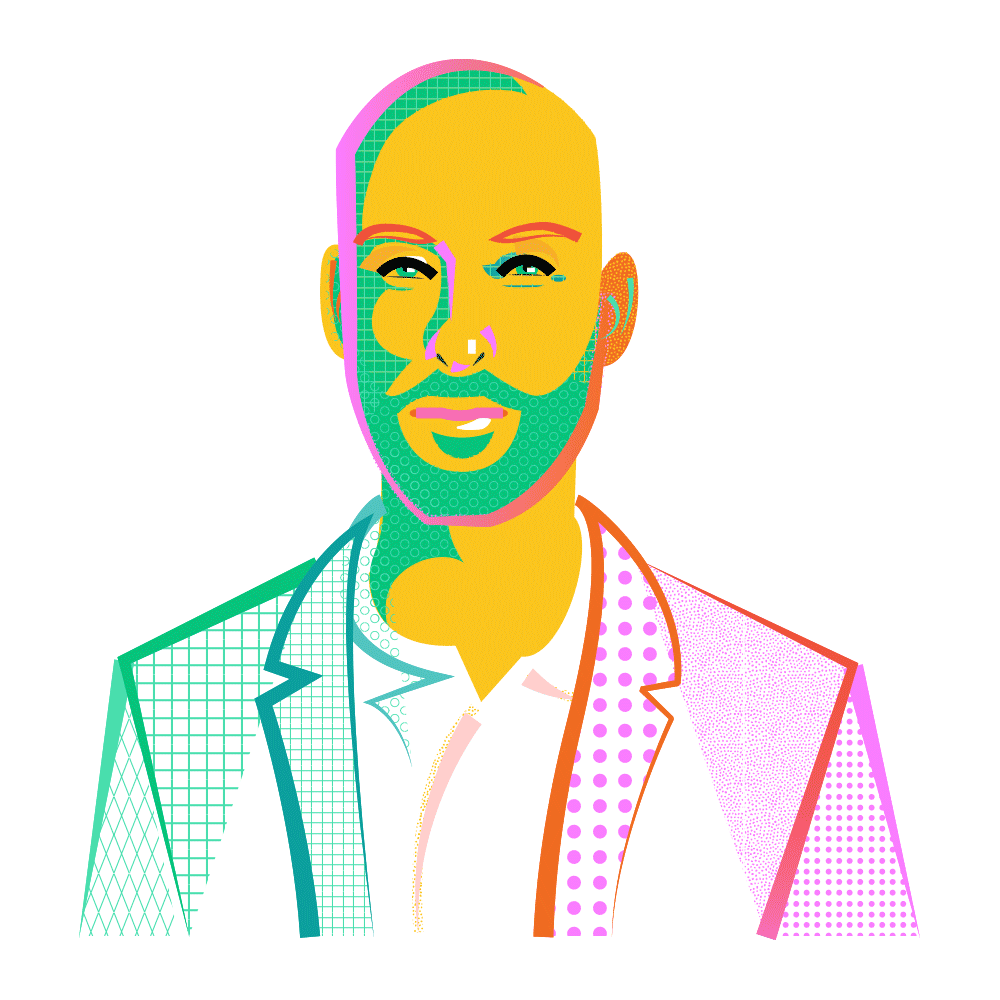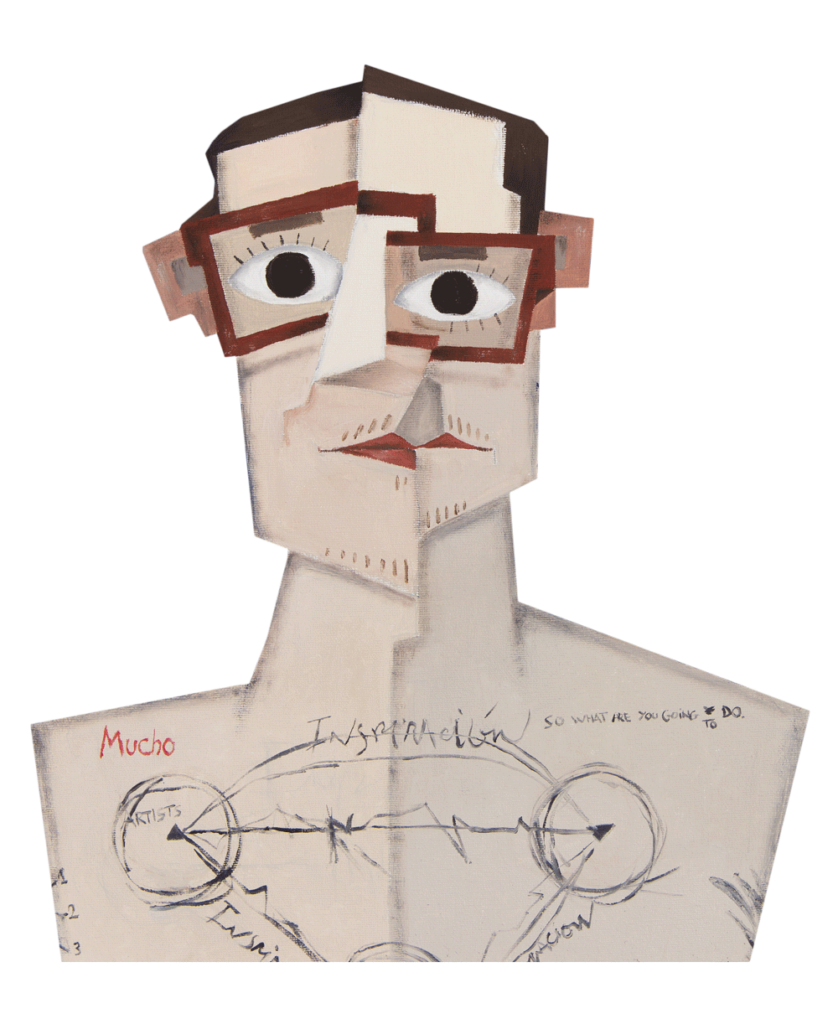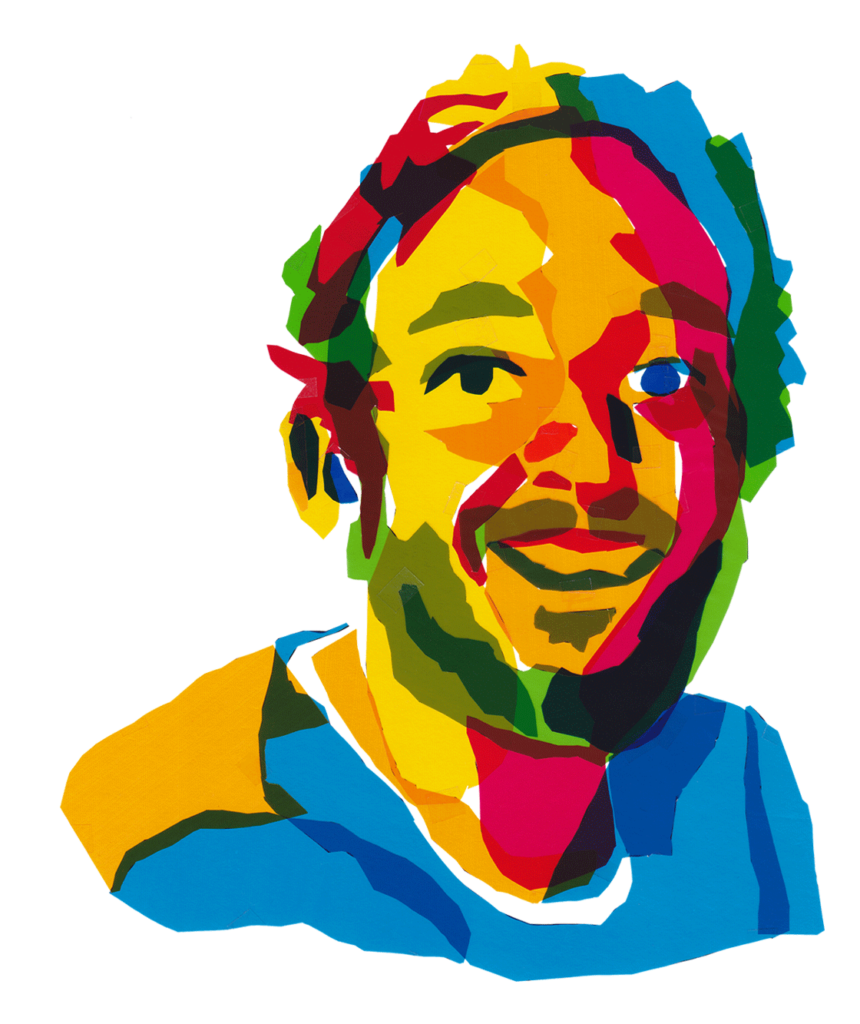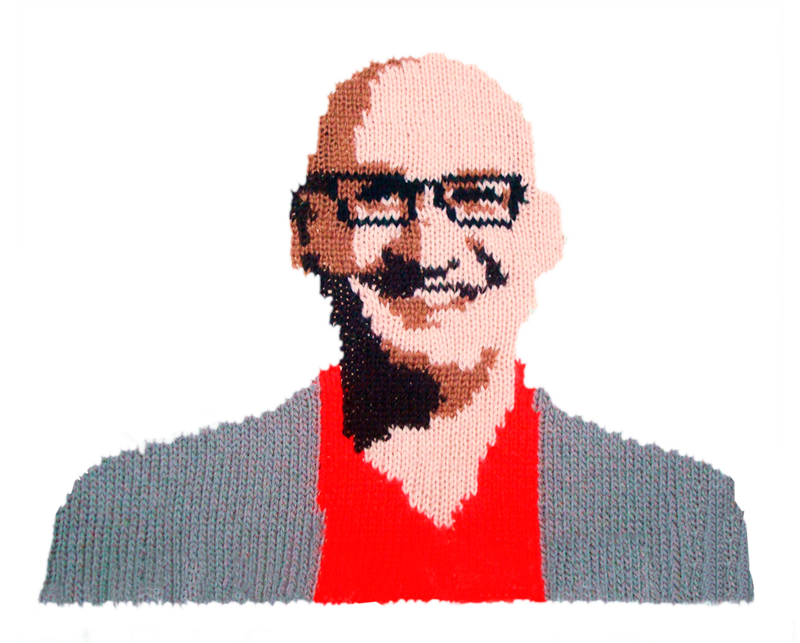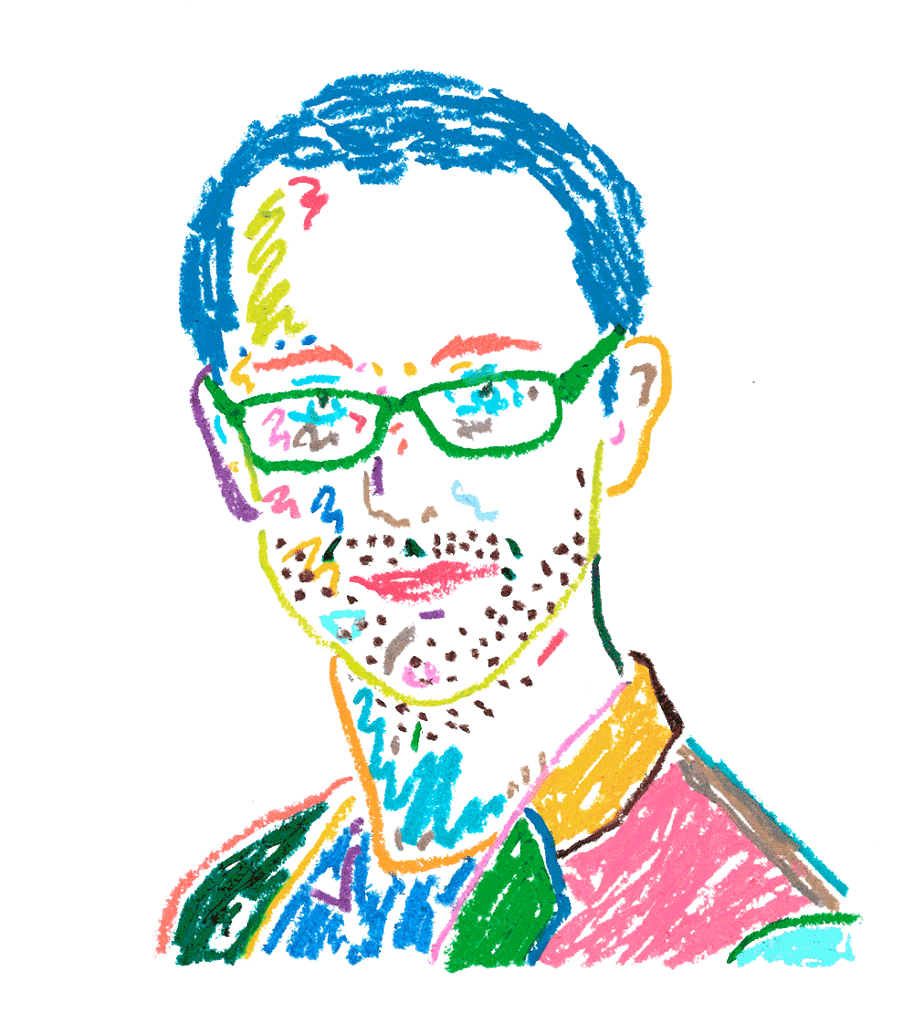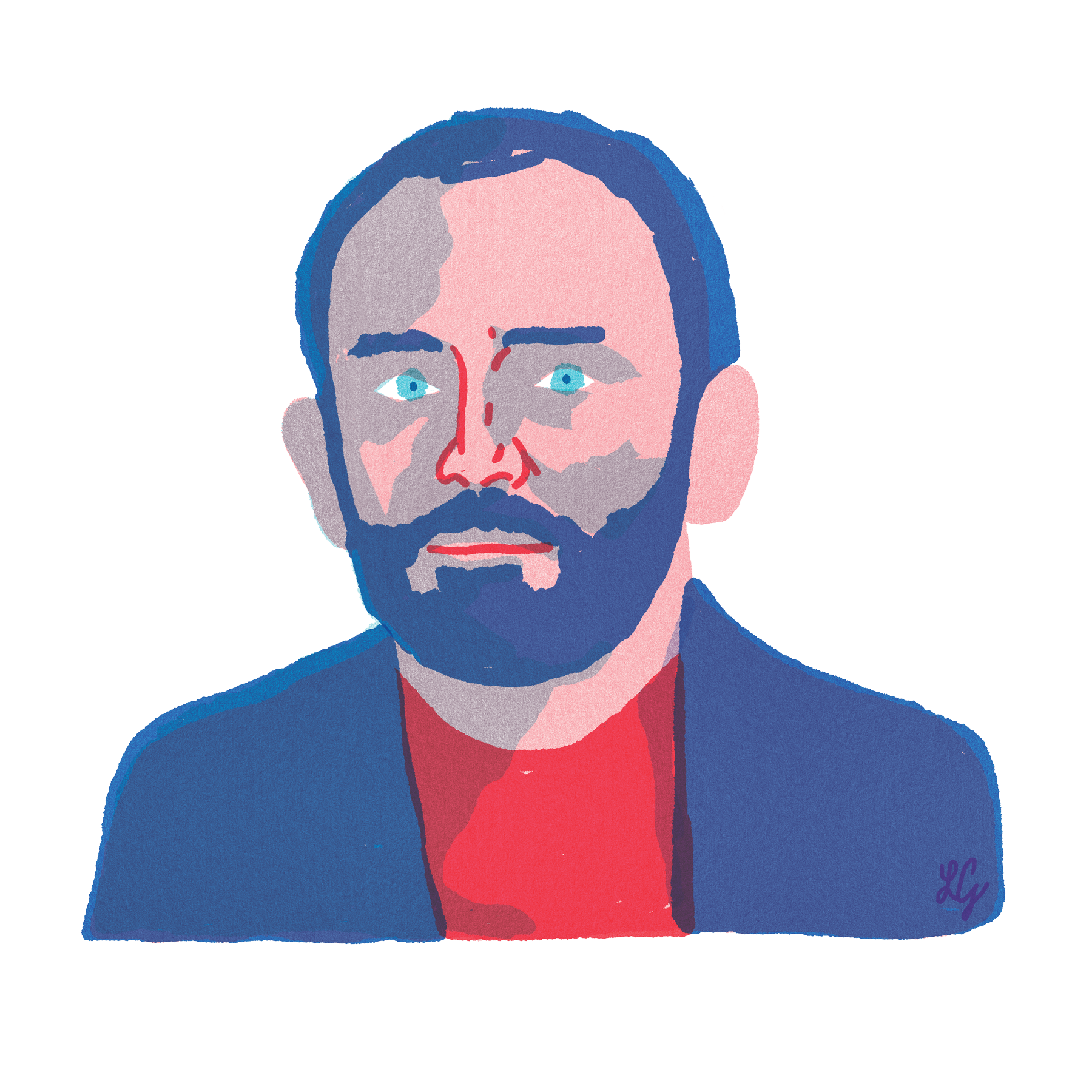At this point, you’ve probably noticed that our world isn’t doing that well. Sick continental institutions, the migrant crisis, tensions between cities and states, while the new lords of the alt-right feed us with our worst fears in order to create a closed and retrograde neoliberal world.
But maybe we’re not doomed: new positive, progressive, inclusive, international movements are rising. In an intricate period of global elections, we met Lorenzo Marsili, thinker, activist, founder of transnational NGO European Alternatives and one of the initiators of a movement (backed by people like Noam Chomsky, Ken Loach, Slavoj Zizek or Brian Eno) working towards a global party of progressive cities and militant citizens. We talk about obsolete borders, progressive memes, militant education, and political imagination, as well as asking about the arrest of his fellow advisor Julian Assange, wondering whose hands are really dirty, his or the government’s.
- Where is the Progressive Utopia?
- Memes done the Progressive Way
- Radical Ideas for Radical Times
- Go beyond the National State
- Bye Nation States, Cities are getting together
- “Nation-States are the Problem”
- Borders are boring: a New Model
- Activist Art meets Political Imagination
- Militant Education
- J for Julian Assange
Politics is not about managing and presiding over communities. Politics, now more than ever, is about offering a vision of the future, a desirable yet realizable utopia.
In the last few years, it seems like only the Far Right managed to propose an idea of the future, a retrograde vision, obsolete and oriented towards scaremongering: yet still, they have one. And apparently, it’s working.
Where’s the progressive utopia? How can we make it attractive to people?
There is a danger that the last utopians around are the far-right. There is a sense of future possibility that is transmitted by the likes of Farage, Le Pen, Bannon, Salvini: they claim that a radical transformation of the system is possible and that they’re there to make it happen. Of course, besides their transformation being straight out of the Middle Ages, we also know that it’s a fake one: wherever the far right has come in to power, the first thing they have done is to protect the interests of the richest sectors of society. We could very well talk of a nationalist rescue of neoliberalism. But still there is this sense of a projection of possibility which the Left has completely failed to propose until today.
The far right has managed to build a strong transnational alliance. What about the Left?
If you want to think systemically and challenge the bases of a bankrupt global system then you need a new global political movement and the aspiration to transform the world. Socialism in one country doesn’t work. Nor will it suffice to leave the Chinese Communist Party as the only global force truly challenging neoliberal globalisation. We need a visionary blueprint of change touching some of the most pressing global issues of our time with the sort of disruptive ideas that would have been deemed unthinkable in the old system: policies like universal income, job guarantee, technological sovereignty, closure of tax heavens, a common international asylum system, ecological transformation and redistribution within and between countries.
It’s not just about having this vision, it’s also about how and where you communicate it, the language you choose, the channels you use.
Historically, the Left has been good at talking, debating, and arguing, offering alternative ideas for a complex world. But in our times much of the political debate happens through memes, through more intelligent, instant communication. Are the Progressive forces able to craft their ideas in a post that fits into a 150KB image? In other words, a meme.
This is interesting because now we’re all talking about how social media and new technologies are best utilised by the far right and how successful they are in the game. But a few years ago, we were all celebrating the innovative use of social media for the Obama campaign or the Arab Spring. So this changes. I don’t think there’s anything inherent in the right wing that facilitates its use of social media. I think the simplification is highly problematic, and we need to find ways of addressing it. But there is nothing that says that simplification only benefits the far right.
Think of some of the great progressive victories of the past: “The right to vote for women.” “Abortion now” “Equality for black people” “Equal pay for equal work”: they all fit in one-quarter of a tweet, and yet they were at the basis of the great civil rights movement of the last decades. The history of progressive politics is also a history of very fast sound bites that mobilise a population around radical demands for change. So maybe we need to think creatively about what those sound bites would be, and we certainly need to think of how to simplify what is clearly a complicated message. But the history of progressive activism is the history of mobilising the masses. And if we’ve done that in the past with illiterate peasants or exhausted factory workers, surely we can mobilise people on Twitter.
In the past few years we’ve been seeing a de-sophistication of ideas. I mean, we’re seeing ideas that speak more to the stomach than the mind. In this sense, don’t you think that a pan-European progressive movement like DiEM25 is not as attractive for citizens? How can we recover the sexiness of the left?
The sexiness of a political idea does not precede the mobilisation of people, it is constructed by it. The problem is our capacity to frame the question, rather than something inherent within it. There is nothing that says that a human being is more attracted to beating with a club a migrant who arrives to our shores, than to address humanely a common challenge. It’s a task of politics. It’s a task of culture. It’s a task of public intellectuals.
Where did we go wrong? Do you see space for change now?
I think we’ve been too silent. I think we’ve inherited a kind of fear for change, where everything that strikes us as being too vast, too ambitious, we immediately think it’s impossible, and that people won’t mobilise around it.
But I think the opposite. People today want radicality. They need radicality.
What’s the difference between a nation and a state and why is it a problem that, for many, those are synonyms?
The main difference is that a state exists, whereas a nation does not. States are fixed institutions that exercise power over a certain territory, whereas nations emerge by the acting together of individuals. The Ancient Greek idea of demos refers to an entity that emerges through common challenges, joint actions, and a shared history. And history is created, not given. A nation is not stable: it is something that exists in fluidity, that is always under negotiation. If Heraclitus had known the term, he would have said “you cannot step in the same nation twice”.
Right now nation-state popularity is declining. You wrote that “The spectre of cities seems to be hunting Europe”.
The nation-state is at the same time too large and too small. It is too small to tackle the great global challenges of our time like technology, migration, or financial flows, all of which would require capacities beyond the borders of the nation-state. But it is also too large when it comes to responding to the demand of individuals to have a right to say over their own future at a very immediate level, which the state very often crushes with its distant bureaucratic governance.
This change is taking place all over the world, and it seems that many cities, many nations, are trying to take back control. To ‘make their country great again.’ This is creating conflict all over the world. So what’s the other side of the coin?
The great resurgence of nationalism is actually due to a twilight: the demise or crisis of the nation-state as a political form. Just like, in the story told by Hannah Arendt, the evaporation of sovereignty of the great European empires after the First World War triggered a totalitarian response as a desperate attempt to regain control.
Nationalism is like a weakened animal that barks and bites because he’s afraid and feeble. Nation-states are structurally unable to control the great planetary challenges that come our way. This is not just about the environment, it’s also about digital technology, and the utilisation of data to control economic processes as much as our minds, our common sense, our thinking. This is about financial flows and tax havens. This is about people on the move and migration. It’s the impotence of the nation that triggers our age of anger.
On the other hand, many cities are aligning across the world, finding similarities. In the crisis of the nation-state, is the city a space of belonging?
Cities provide fantastic opportunities for citizens to regain political power over their local institutions in opposition to a national context which often does not allow them to have a true say over the functioning of their democracy.
There are problems that no single city or single state can face alone. To address challenges that are too big even for the national state system, cities have to enter a common network. Hopefully we can move beyond the nation-state model and have transnational cities instead.
What’s the status of this global movement of cities? What inspiring initiatives or situations are we seeing right now across the globe?
Barcelona is clearly one of the great avant-gardes of a translocal approach to municipal politics. The experience of Barcelona en Comú –with the Fearless Cities initiative– and the municipal movements in Belgrade or Zagreb, among others, are an example of extraordinary cultural and political innovation. You see this happening also on the other side of the Atlantic where, for example, the Sanctuary cities movement in the United States is providing a safe haven for undocumented migrants that the national state administration of Donald Trump would like to expel from the United States. It’s a global phenomenon. You have some points of excellence in the United States and in Europe, but it’s a growing movement.
Do you think this is the solution to the current stagnation of the centre-left and the rise of alt-right movements? Do you think this could be a third way?
We are not in the age of the “business as usual” politics of the 90s, or Obama’s ‘Change’ era of the last decade. The social democracy that has governed many European countries during the years of European crisis has done nothing but continue with austerity policies.
To go beyond this, we need to be more radical and progressive. In order to change the structure of the system we need a capacity to transform neoliberal globalisation as such. We can organise transnationally to challenge the structures of the world, while at the same time we transform and change our communities, our cities, and our countries.
We are in a historical moment when the world is rapidly morphing. As citizens, we need to be able to create a progressive counterpower, to govern that transition and shape that transformation.
The nation state is old, but is there a new model? Seeking an independence based on the old paradigm, many — think of Catalunya or the United Kingdom — are playing the same game as their oppressors: hard borders, closed market, strong control. Aren’t they losing a chance to create a new model?
They’re not interested in creating a new model. What the UK is attempting with Brexit is not progressive. It is a delinking of the United Kingdom so as to be able to play even more ferociously the game of international competition that drives labour and taxation to the bottom for the benefit of very few. As for Catalonia, the current neoliberal leadership of the Generalitat wants a replica mini-state to do their own exploitation. They tell us that state sovereignty can be a response to neoliberal capital, but actually the opposite is the case.
Neoliberal globalisation is premised precisely on competition between national elites to attract capital by lowering labour, taxes, or environmental standards. The alternative to this is actually the opposite: it’s a political agreement beyond borders that constrains financial capital within the remit of a larger political unity that is democratically accountable and citizen-led. Renouncing the world and taking back national sovereignty is actually the best you can do if you are a neoliberal.
With the digital revolution, everything changed, from the economical to the anthropological field. What models can we take inspiration from in order to rethink the obsolete model of the Nation State?
Part of the difficulty and excitement of the historical era is that we need to build new models, and that we don’t have a blueprint to follow.
But there are a few models to look at. We talked about Municipalism, a powerful intuition in its Western but also its Syrian developments; or think of the self-organisation of new labour unions in the technological sector, where you have interesting examples of transnational strikes developing. Then you have new attempts to bring politics at a transnational level. I’m thinking of movements like DiEM25, for instance, which has tried to build a single pan-European political party with a common program to campaign and mobilise, from Ireland to Italy, from Portugal to Poland.
We have intuitions around the world, but there is no model that is ready to be copied. We’re really in uncharted territory. This is dangerous, but it’s also very exciting.
If any nation is an imagined political community, then anybody can imagine them, and we can imagine new ones, and we can break the system from within, maybe from art and reflection.
Art has one great asset that politics cannot have, which is a different sense of temporality. Politics is very often stuck on the day-to-day, on the next election or the next mobilisation, whereas art can look at the longer term and put forward a radically alternative vision of what life could be like. That is often much more difficult for political players to do.
DiEM25, the pan-european movement, is composed by politicians, but also artists and thinkers. What’s the power of art and critical thinking in imagining and offering these different models to society?
Today, when it is a whole system that is in crisis, this long-term view of reconstructing a civilisational deal is more necessary than ever. Art has a privileged role in imagining how the future of civilisation will look.
Art can be engaged in the transformation of political realities. If you like, it has a certain mythopoetic capacity of effecting a change through its own unfolding. And that mytho-poiesis (the ability to shape what’s not there yet, ndr) can be either abstract and longer-term or take the form of an embedded action.
We are affected by narratives; we are surrounded by stories. Can this mytho-poiesis, this construction of the myth and new possibilities, be really one of the factors of traction in terms of movement? The Mexican Zapatists used to say “Changing the world is a really hard task. It is almost impossible. That’s why we’re creating a new one.” What do you think about this idea?
The world is actually much farther ahead in its integration than our capacity to understand it and govern it. The world as a whole has transformed into a single political space in a way that our systems of thinking, and also our political structures, are unable to grasp and comprehend.
I borrow an expression from Chinese philosopher Zhao Tingyang to say that in a certain sense we’re experiencing the world as such as a political subject. You see the world becoming one, whereas humanity remains divided in impotent national communities. There is a gigantic gap to close.
It requires the construction of a commonality of purpose, of action, between people divided by borders but united by everything else. Art has some role in fostering this recreation of nationality, of belonging, and of community, across transnational lines, based on real interests and not on fake nationalist tags.
“What comes after nationstates and how do we get there? This is the question the School of Transnational Activism is aiming to answer.” How did you come up with this School and why did you enter the world of Education?
We thought there was a need to work with activists, social movements, young individuals who are entering politics at any level level in order to foster a know-how in acting politically beyond borders.
We know that we need to build translocal connection and transnationalise social movements, but then it’s not so clear how to do it: the Transnational School of Activism, a little bit like political schools in the past, tries to form a new generation for a kind of political action that has been unseen until today, but that we think is completely necessary in the world that’s coming.
You’re forming a new generation of activists. Is the Education of the future about forming informed and militant citizens that, beside knowing, can fight for what they want?
For me, having informed and activist citizenship is the only way you’re going to build a genuine transnational politics.
When we talk about transnational politics we immediately start thinking that we need new global institutions —which may be true. But what we need first and foremost is global citizens and a new capacity to organise transnationally. To put it bluntly, we need transnational political parties, trade unions, social movements, and media.
We need, for instance, political parties that are able to bring together representatives of African and European civil society to craft a common migration policy. We need transnational trade unions that are able to move beyond the race to the bottom and represent the interests of all workers, wherever they are, against common transnational capital.
What we need is transnational movements of individuals and citizens who are able to connect on a global level and leverage that connection to reach the mainstream, like Fridays For Future or Barcelona en Comú.
Some weeks ago we witnessed the arrest of Julian Assange, WikiLeaks founder and also DiEM25 Advisory Panel member. The message seems clear: persecute voices of dissent and create an atmosphere of fear. What does this arrest mean?
Whatever you think about Julian Assange as a person, as a thinker, or about what he may have done in the past, it should be clear that he’s being arrested for no other reason but for having made evident what our states didn’t want us to know: most notably, the atrocities of the United States in Iraq. There is a deeply entrenched desire of state institutions in democratic societies to not let their citizens know what they’re doing above their heads.
The Assange arrest is not really about Julian Assange at all. The Assange arrest is about discovering that in the very heart of Western democracies a surveillance apparatus is turning against its own people. We should be looking at where Assange’s finger is pointing, rather than looking at how dirty that finger might be.




